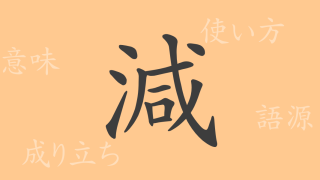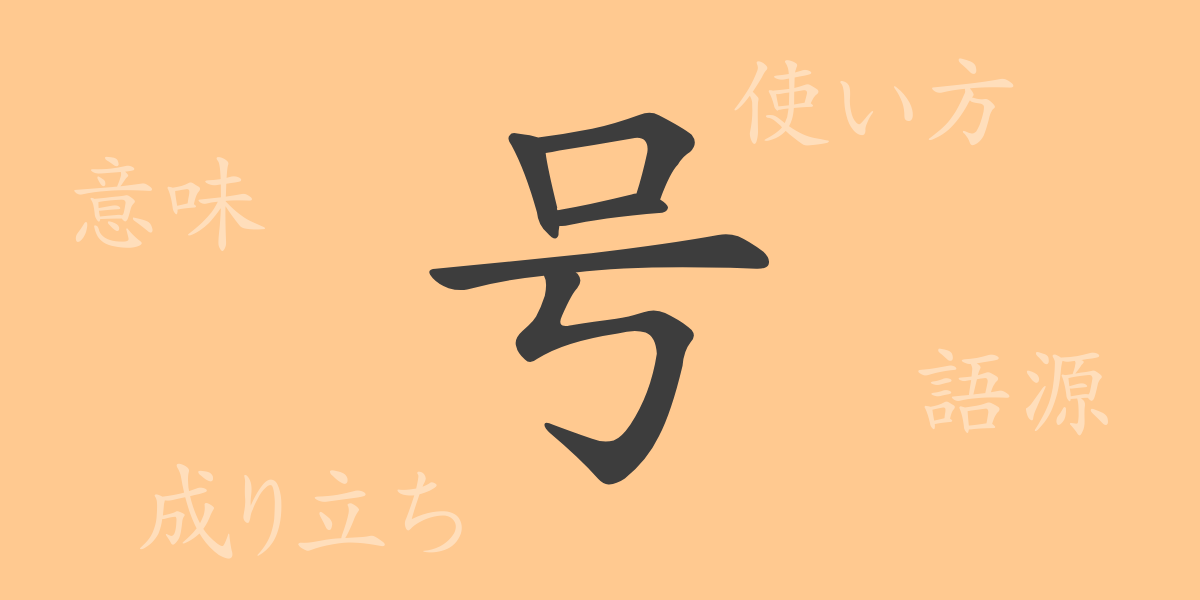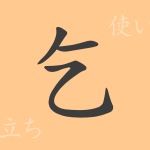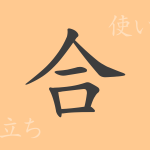The common-use kanji in Japanese are a treasure trove of characters essential for everyday communication. The kanji “号(ごう)” is used in various contexts throughout our lives. This article delves into the charm and usage of the kanji “号(ごう),” exploring its history, meaning, and rich expressions to provide readers with a deeper understanding.
Origins of 号(ごう)
The kanji “号(ごう)” originated in ancient China. Often used to express actions like “号泣(ごうきゅう)” (sobbing) or “号令(ごうれい)” (command), this character originally derived from the character “呼(こ)” which means “to call.” Over time, “号(ごう)” established its own unique meanings and has been widely used up to the present day.
Meanings and Uses of 号(ごう)
The kanji “号(ごう)” has several meanings. Firstly, it can refer to a “name” or “designation.” Secondly, it can mean “to call.” Thirdly, it can be used to express “to cry.” These meanings are used in different contexts within the Japanese language and can be seen in various expressions and idioms.
Readings, Stroke Count, and Radical of 号(ごう)
The kanji “号(ごう)” has distinct characteristics in its form and structure.
- Readings: The on’yomi (音読み) is “ごう,” and the kun’yomi (訓読み) is “さけ.ぶ” (to shout) and “よびな” (alias).
- Stroke count: It has a total of 5 strokes.
- Radical: The radical is “口(くち)” (mouth).
Idioms, Phrases, and Proverbs Using 号(ごう)
There are many idioms, phrases, and proverbs in Japanese that include “号(ごう).” For example, “号泣(ごうきゅう)” means to cry loudly, “号令(ごうれい)” means to give a command or order loudly, and “号外(ごうがい)” refers to a special edition of a newspaper published outside the regular publishing schedule, often used to convey urgent news.
Conclusion on 号(ごう)
This article has explored the origins, meanings, and uses of the kanji “号(ごう),” as well as its rich expressions in the Japanese language. “号(ごう)” is not just a character but an important element that conveys Japanese emotions and culture. Understanding this frequently seen kanji in daily life will enhance your appreciation and enjoyment of the rich expressions in Japanese.

























